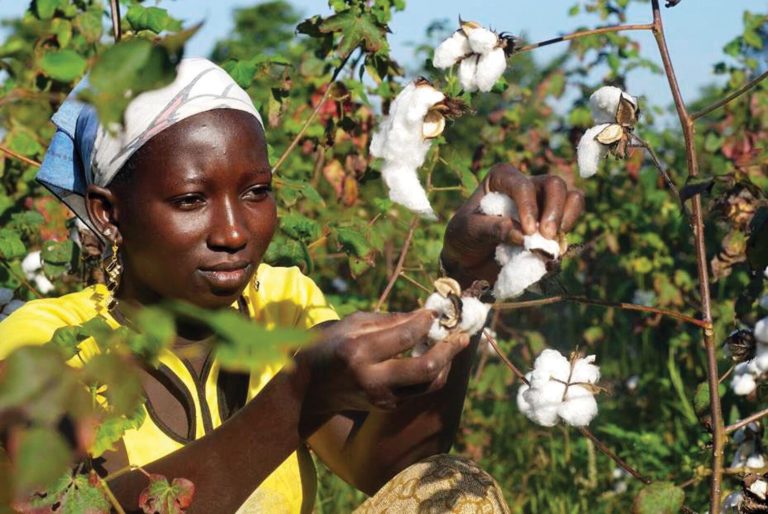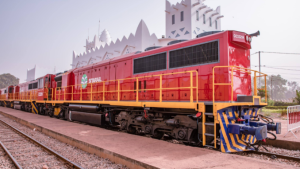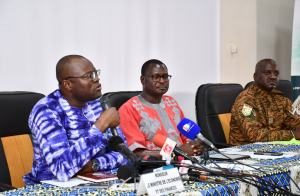Burkina Faso: A key player in cotton production in Africa, moving towards greater local processing

Known as the “Land of Honest People,” Burkina Faso has steadily become one of Africa’s leading cotton producers. Often referred to as the “white gold” of the country, cotton is a cornerstone of the nation’s economy, contributing significantly to both export revenues and the agricultural sector.
Despite its dominance in African cotton markets, Burkina Faso faces a significant challenge: the limited local processing of its cotton production.
Currently, only about 10% of the hundreds of thousands of tonnes of cotton harvested annually are processed within Burkina Faso.
The vast majority is exported as raw cotton fiber to other countries where it is transformed into textiles and garments.
This lack of local processing deprives Burkina Faso of the economic benefits that come from the added value of manufacturing—spinning, weaving, and producing finished clothing.
This issue has been a long-standing concern, but it is now gaining more attention from both Burkinabe authorities and economic stakeholders.
Efforts are underway to build a stronger national textile industry capable of handling a larger portion of the country’s cotton production.
Investments in spinning and weaving factories, along with vocational training programs to enhance the skills of the local workforce, form the backbone of this strategy.
The ultimate goal is to create a thriving local processing ecosystem that would not only reduce the country’s reliance on international markets but also provide more jobs and income for Burkinabe citizens.
This approach aligns with a broader vision of maximizing the value of local resources to strengthen Burkina Faso’s economy and offer better opportunities for its younger generation.
Cédric KABORE












